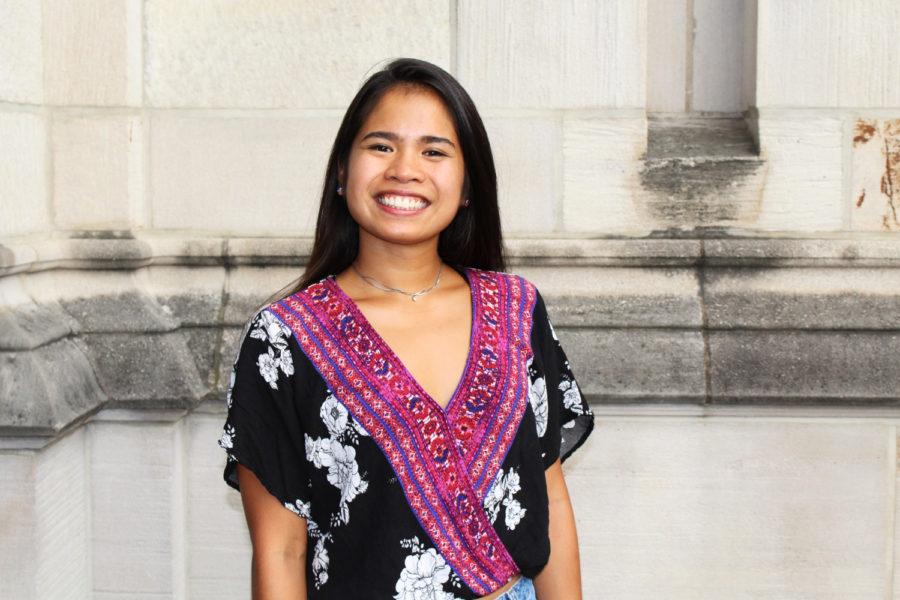In the second semester of her senior year, Aditi Kumar said her intensive 21-credit schedule forced her to quit her job — leaving her without a source of income.
“This was the the first time I found myself without a job,” Kumar, a 2017 graduate in sociology at Pitt, said. “I like to be independent, so I needed a way to make money that also fit into my schedule.”
To solve her income problem, Kumar went to the Pitt+Me website. Run by Pitt’s Clinical and Translational Science Institute, the site is a database where volunteers can connect with researchers to participate in research studies and clinical trials. Kumar had no pre-existing conditions, did not take any medication and was within the 18-25 age range, making her — along with many other Pitt students — eligible for many studies that pay participants.
In return for compensation — either financial or extra credit for courses — volunteers’ participation can possibly contribute to important health discoveries at the University.
After registering online, Kumar participated in studies with subjects ranging from sleep disorders to alcoholism, since these fit in her schedule well and were readily available. She said she was skeptical when she first heard about Pitt+Me through friends in her sophomore year.
“During that time, I told them they were crazy, but really they were just finding a lazy way to get rich,” Kumar said. “Then I started selling my body to the University to make a lot of money.”
On average, Kumar completed approximately two to three studies every two weeks during her last semester of senior year at Pitt, totaling 14 to 15 studies in total. The required tasks for these varied from a simple phone survey — which paid $15 to $25 per hour — to a three-hour study focused on the effects of alcohol, paying $350.
“I would get paid a lot more than others get paid per hour,” Kumar said. “I don’t know why more people aren’t participating in these studies.”
Jesa Monte, a senior at Pitt majoring in natural sciences and sociology, is a research participant who was also pleased by the pay.
“It’s a lot more than minimum wage and the work you have to do is very minimal,” Monte said.
Monte has participated in five studies — all related to medicine and healthcare because they’re offered most frequently. Like Kumar, Monte found all her participant opportunities through Pitt+Me.
Monte has participated in some basic studies that only involve a preliminary over-the-phone screening and one in-office visit — which paid her $35. She said she was put off by the bigger time commitment in studies offering higher pay.
“There was this one study that I was going to do that was a little more invasive,” Monte said. “They put some kind of solution in your lungs and offer you $600. The only thing is that it was a whole day commitment.”
Shea Krause, a junior psychology major, also encountered a study where she thought the time commitment and invasive procedures outweighed the pay.
“I was looking at a study that was offering up to $1000,” Krause said. “The only thing is that it was a six-hour process of doing bloodwork and MRIs.”
The reasoning for the students’ participation in this study is similar across the board — an easy way to get cash fast. Studies generally pay cash but sometimes hand out a University debit card that can be used anywhere.
In addition to the quick pay, Kumar, Monte and Krause all agreed that the studies they participated in ultimately had more rewards than risks.
“They have to disclose all the risks to you ahead of time,” Kumar said. “If there were any risks where something may happen later on, they would provide you a list of resources you could contact.”
Krause similarly found that the financial benefits outweighed the minimal risks.
“I participated in a study that was testing the effects of birth control on the immune system,” Krause said. “I had to take birth control, but I didn’t see this as a risk at all.”
Krause now works in a research lab and sees the benefit these studies can have on research firsthand, which she didn’t realize when she first started participating.
“It is really easy money for the most part and that’s great,” Krause said. “But the data they’re collecting from you could possibly lead to a really important breakthrough, which I think is even more exciting.”



